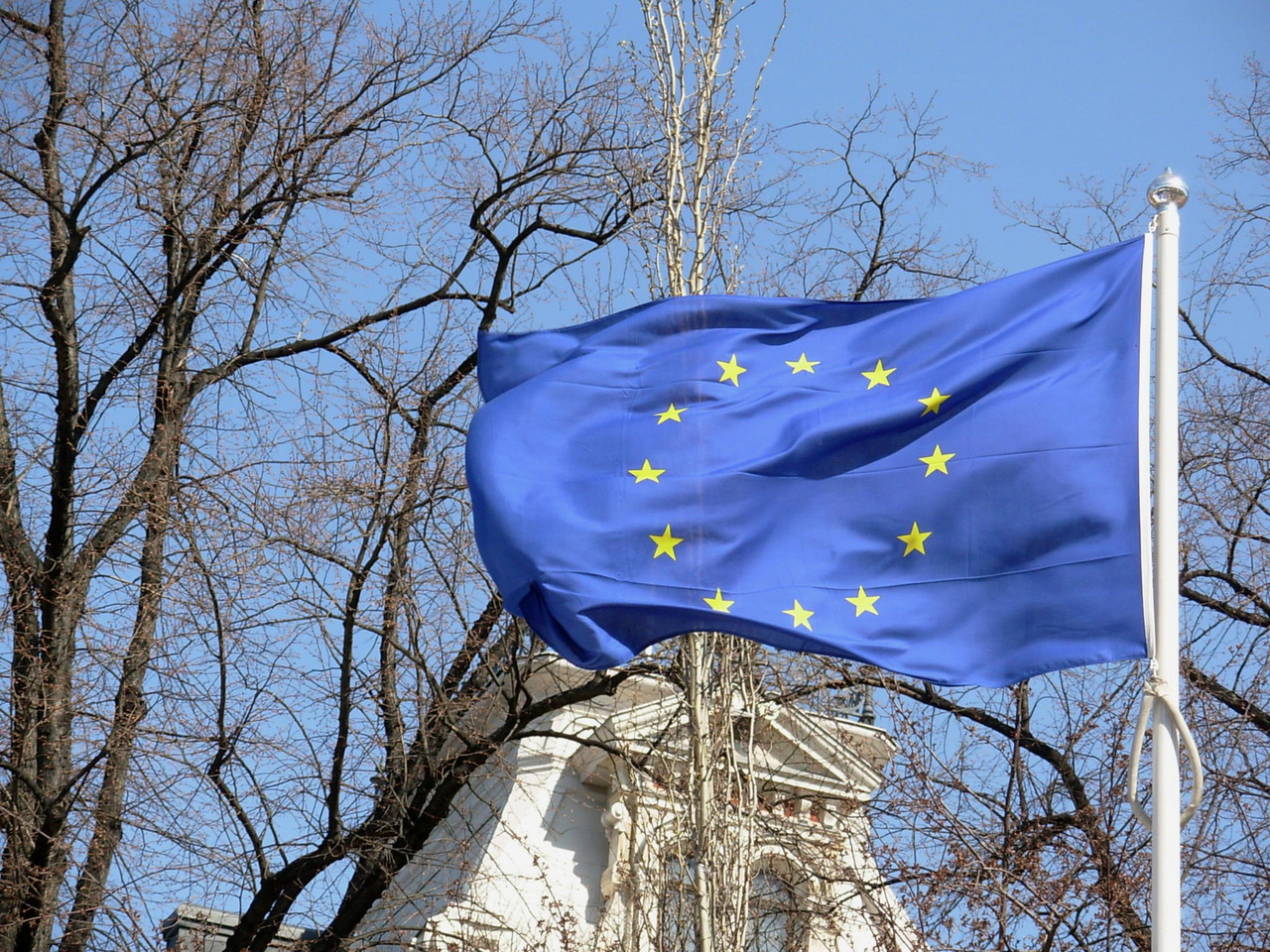‘Inclusion’ and ‘youth participation’ are at the heart of youth policy at the moment. These concepts are, indeed, crucial when talking about future EU youth policy as our precious democracy is at stake.
There are two reasons that can justify this strong statement in the lead. The first one is the alienation of young people from the political system. The second one is the rise of xenophobic and extremist groups all over Europe.
Let me first point out how these evolutions are indeed threatening our democratic system, and then suggest how this issue should be addressed.
According to a recent voter study we are facing a historically low turnout at elections: 72% of 16/18-24 year-olds did not vote during the European elections in 2014. More surprising, this level remains disturbingly high at national level where 60% of the same age group did not vote in the last election. These figures are astonishing as they expose a clear gap between youth and other age groups.
The high number of youth absenteeism at the ballot box, this most conventional way of political participation, is not due to political apathy. On the contrary, young people have never been more politically aware, thanks – to a large extent – to the Internet. The Internet increases political knowledge and provides additional channels of information in a way that is clearly attractive to the younger generation. This reality results in unconventional modes of political participation, e.g. demonstrations, social movements, signing petitions and political consumerism.
Apparently young people feel excluded and have other concerns than being morally bound to the democratic system.
The exclusion of young people is due to two factors: in the first place young people distrust political institutions and feel disempowered, which alienates them from electoral politics. Secondly there is the economic crisis which has hit young people disproportionally hard: not only did it result in a high number of young people becoming unemployed, but also the political response of austerity measures is placing an unbearable burden on youth.
All of this results in a lack of political representation of the youth and, ultimately, it is making a large group of young people, Europe’s parents of tomorrow, politically non-existent.
Besides that, there is a second undeniable evolution: there has been a clear and loud voice of xenophobic and extremist groups. And they are Europe-wide: Pegida, Front National, PVV, UKIP, Jobbik, True Finns, Golden Dawn, to name some of them. All of them are openly spreading hatred by falsely targeting specific minorities in society. The political parties that are spreading such allegations now have a solid representation in the European and national Parliaments. Considering their explicit anti-establishment sentiment, it is hard to believe they would support democracy and human rights if they were to come to power. As disillusioned young people are likely to turn their back to civic society, they are also prone to welcome extremism as an alternative.
In summary, with the future generations losing their trust in the political establishment, it is fair to question whether or not we will have democracy 20 years from now. We should not take democracy for granted.
Recently Europe witnessed huge migration flows as a result of some serious conflicts near the EU borders, particularly in Syria. This will not improve the problematic evolutions already described. On the one hand these refugees will face an even higher risk of being excluded from our society, due to language and cultural barriers. On the other, this will again contribute to the rising tide of xenophobia. Most shocking is the way xenophobic groups are linking refugees to the recent terrorist attacks in Paris.
Our democracy is deteriorating and we must fix it. But how?
Political participation is a necessary precondition for the existence of a democratic polity. The political establishment of today is acting reluctantly to address this problem properly, and therefore looks like the cliché revolting adolescent in full puberty.
A political system should adapt to new realities. In other words we have to innovate our democracy. Inclusion of youth is key, and the political system has to be made attractive to young people and motivate them to participate again.
We should implement programs of citizenship education to re-familiarise young people with political institutions. They will then gain competences to participate and learn about European values. Doing this could partly address the grassroots of extremist parties as well.
At the same time, there must also be initiatives that take young people’s voices into account during decision-making. In the end, inclusion will also empower young people and help them ‘become someone’. Importantly, this will help them to escape from unemployment.
When it comes to young refugees we should foster intercultural dialogue at a very early stage. At this stage it is of course important to provide them with food and shelter. However, in order to feel included they should also be given a voice. One aspect of the solution in this case should certainly be sports, as this really is a universal language.














Leave a Comment
Your email address will not be published. Required fields are marked with *